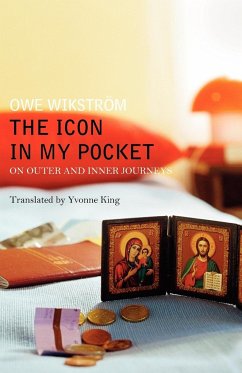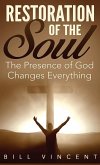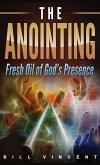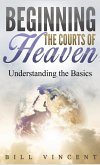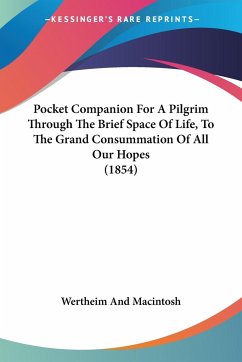Practically everybody loves to travel; to discover something new. We want to escape, to be free, to feel the sun on our faces. So we venture forth to far away places. But whether we are package tourists, culture vultures or backpackers the questions can still arise: Is this really all there is? Is there nothing beyond what we can see - something MORE? Can we find space and time on our journey to find new realities? The outward journey can be the start of an inner journey. This book, superbly translated from the original Swedish, reflects on our modern obsession with travel whilst discussing existential questions. During his visits to Rome, Paris, Venice and the Canary Islands, the author depicts an inner journey. On the way we meet such diverse figures as the philosopher Seneca, the author Proust, Emperor Marcus Aurelius, and the 'Man in the corner', whose radical doubts question all kinds of pretentious talk. We click on computer icons - the world opens up. But the pocket icon is of a different sort. It speaks of another journey. At a time when many people feel confused and embarrassed by talk about spirituality, this book puts forward powerful ideas in an eminently readable style - but perhaps it poses more questions than it answers . 'A barely discernable, but serious and calm look stares at me from the cheap plastic Russian icon. The icon's reverse perspective means that the observer is always observed wherever he is. Or rather - the observer is drawn into the icon's world. The diminutive pictures' faded colours: dark red, gold and pale blue light up my study. The icon watches over me whilst I sleep on train journeys or at dreary airports. It is placed next to my bed when I come home. At this moment it is standing on the railing of a balcony several miles off the coast of Africa. But mostly it rests in my pocket. Holiness doubly concealed.' Owe Wikström is the author of fifteen books and is professor of the Psychology of Religion at Uppsala University, Sweden. A Lutheran minister and psychotherapist, he has written several books on psychology, philosophy, literature, music and culture. He is a popular speaker and a frequent contributor to radio and television programmes. His bestseller Långsamhetens lov (In Praise of Slowness) has already been translated into six languages. He was awarded the Swedish C. S. Lewis Prize for 2007.
Hinweis: Dieser Artikel kann nur an eine deutsche Lieferadresse ausgeliefert werden.
Hinweis: Dieser Artikel kann nur an eine deutsche Lieferadresse ausgeliefert werden.

